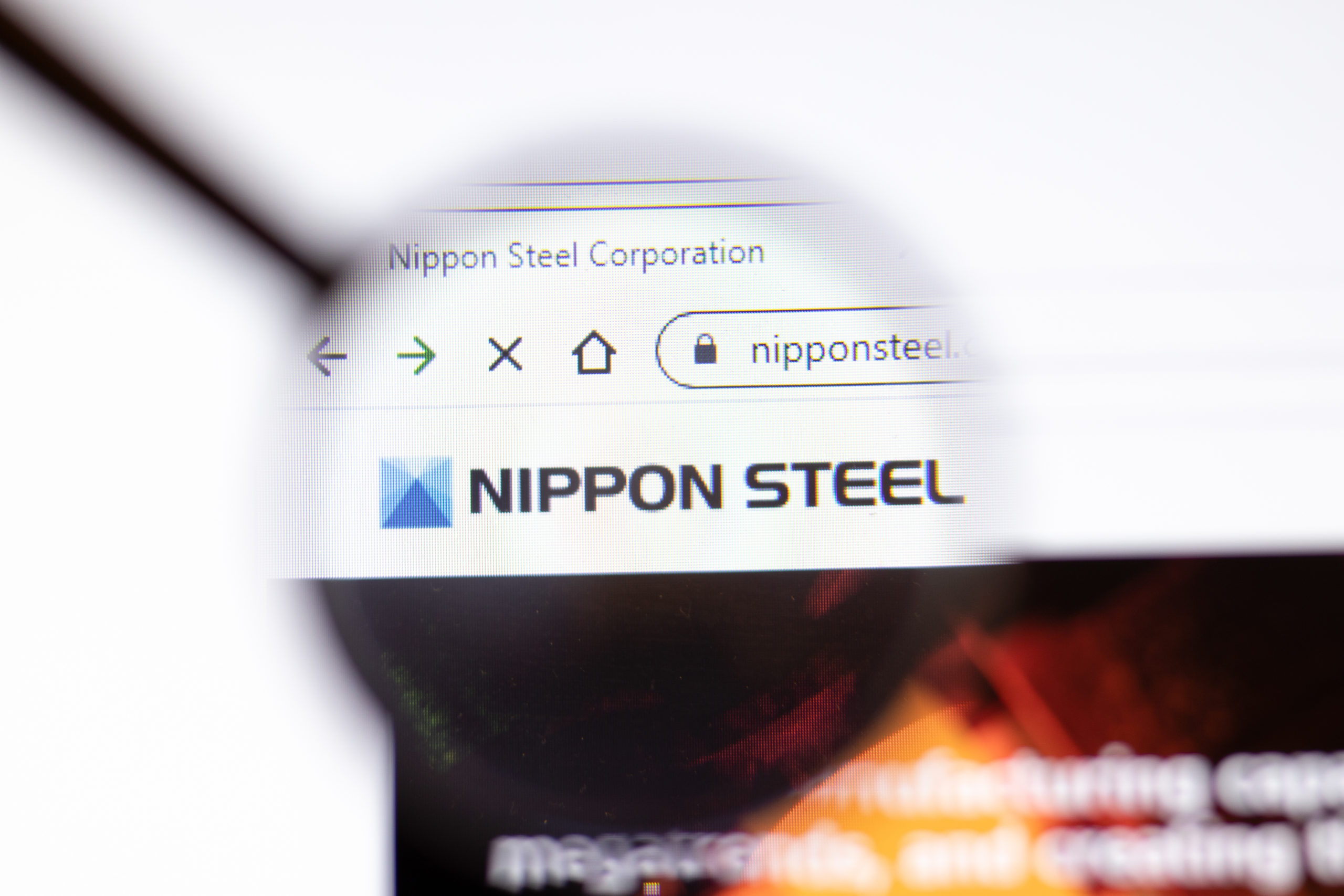
Japan’s Nippon Steel Planning for Carbon Neutrality, Signals Growing Momentum for Industrial Decarbonization
Following news that Japanese Prime Minister Yoshihide Suga will pledge to reduce the country’s greenhouse gas emissions to net-zero by 2050, Japanese steel company Nippon Steel has indicated it is preparing for decarbonization and will unveil emissions reductions goals for 2030 and 2050 in the next six months. These developments come the same month that steel giant ArcelorMittal released its own goal of achieving carbon neutrality by 2050.
In response to the latest news, Mighty Earth Campaign Director Margaret Hansbrough issued the following statement:
“High-profile moves toward decarbonization from two of the top three steel companies – first ArcelorMittal and now Nippon Steel – indicate a significant shift in the industry’s approach to climate change. This is a sector that has long dodged accountability for its carbon emissions, even as it is responsible for 7 percent of all climate pollution. But the narrative is beginning to change around industrial decarbonization, and activist pressure is working.
“The inclusion of a 2030 goal indicates Nippon is aware of the need for ambitious carbon emissions reductions in the short term. We hope to see even more goalposts included and will engage with the company, as we have with ArcelorMittal, on the best ways to decarbonize steel. We will also closely monitor the near-term operationalization of these two companies’ commitments in light of their joint acquisition of a major Indian steel producer last year, Essar Steel.
“Now that major European and Japanese companies are moving and their political leaders are signaling greater ambition, we are still waiting for China and its big companies, like Baowu Group and others, to step up with their own steel industry commitments.
“Pledges – both announced and yet-to-come – are just a first step on a long road to achieving a 1.5-degree scenario. We must go beyond pledges: we need specific, implementable plans with clear outlines and actions to achieve these emissions goals. Globally, hitting critical time-bound targets and tying green recovery policies to industrial decarbonization will be crucial for achieving carbon neutrality.”
Photo credit: Postmodern Studio via Shutterstock


